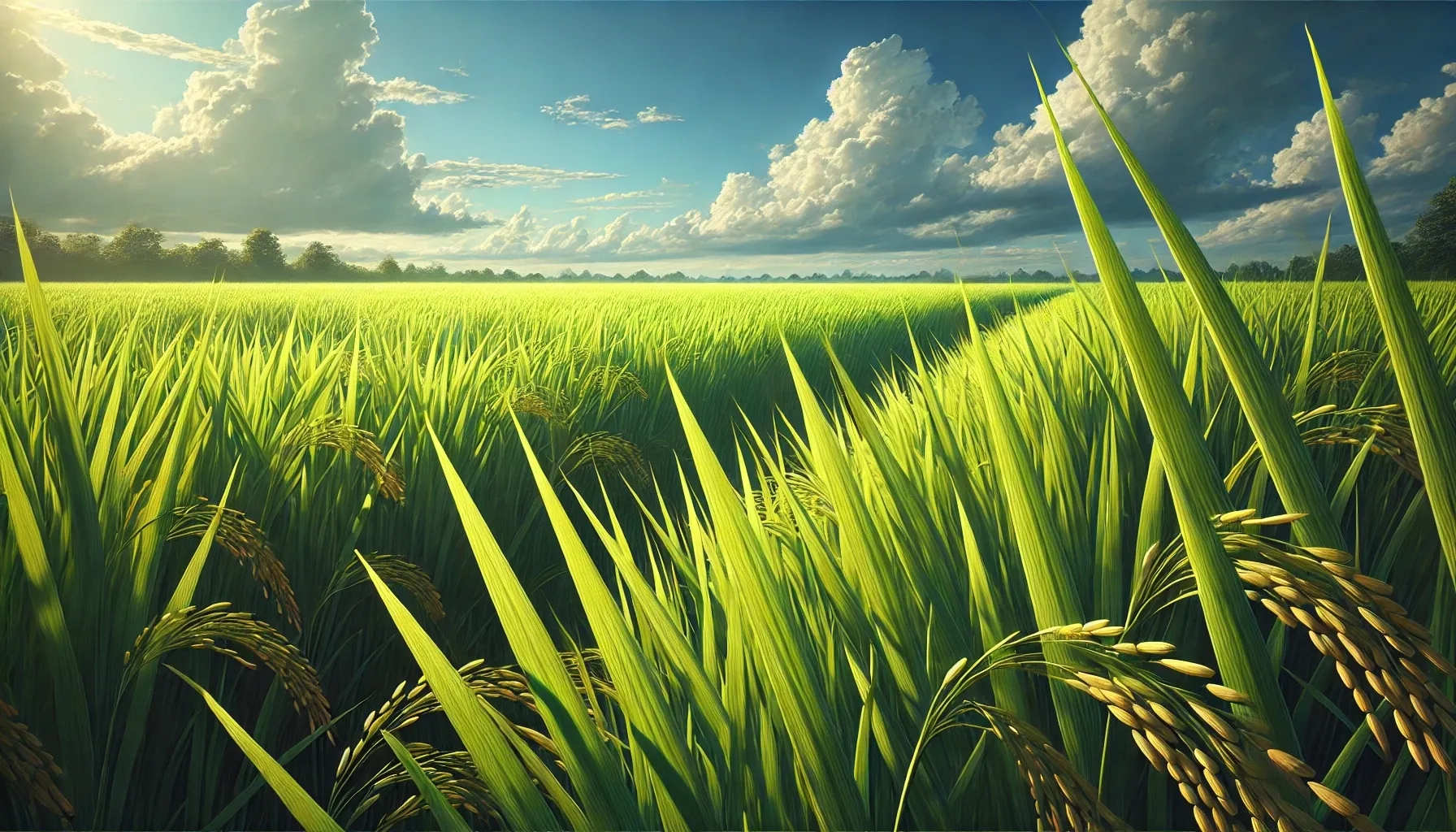UPSC
Indian Express Concise
Punjab Advances Paddy Transplantation: Key Insights
Last Updated
2nd April, 2025
Date Published
2nd April, 2025
Share This Post With Someone

Context:
In a significant agricultural policy shift, Punjab Chief Minister Bhagwant Mann announced on March 29, 2025, that the paddy transplantation season will begin on June 1, 2025, advancing it from the previous year's start date of June 11. This decision, aimed at addressing farmer concerns and environmental challenges, reflects Punjab's efforts to balance agricultural productivity with sustainability in one of India’s largest rice-producing states.
Key Information in Points:
- Announcement Date and New Schedule: On March 29, 2025, Punjab CM Bhagwant Mann declared that paddy transplantation will commence on June 1, 2025, earlier than the June 11 start in 2024 and the earliest in a decade.
- Previous Transplantation Timeline: In 2024, transplantation began on June 11 in six districts (Muktsar, Faridkot, Fazilka, Ferozepur, Bathinda, and Mansa) and June 20 in the remaining 17 districts, typically starting after June 10 in past years.
- Reason for Advancement: The shift aims to prevent high moisture content in paddy during October harvests, which caused procurement delays and reduced payments in the 2024-25 season due to moisture levels exceeding acceptable limits.
- Cultivation Area in 2024-25: Punjab cultivated paddy over 32 lakh hectares, including 25.6 lakh hectares of non-basmati and 6.4 lakh hectares of basmati varieties.
- Procurement Challenges: In 2024-25, high moisture content led to delays and financial losses for farmers, prompting demands for better procurement systems and fair compensation.
- Farmers’ Demands: During a March 3, 2025, meeting with Sanyukt Kisan Morcha, farmers requested either acceptance of paddy with up to 21% moisture or an earlier transplantation schedule to align harvesting with drier conditions.
- Government Response: CM Mann accepted the demand to advance transplantation after initially walking out of the farmers’ meeting, a move welcomed by farm leaders like Kadian.
- Expected Benefits: Starting transplantation on June 1 is projected to end procurement 15 days earlier, maintain moisture within limits, provide a 15-day window between paddy harvest and wheat sowing, and allow timely stubble mulching.
- Zone-Wise Cultivation: The state plans zone-wise paddy cultivation, with blocks like Muktsar, Mansa, Bathinda, Faridkot, Ferozepur, and Fazilka starting on June 1 due to sub-surface waterlogging issues, though official notifications are pending.
- Crop Diversification Strategy: The government aims to reduce paddy cultivation by promoting maize for ethanol production, addressing environmental concerns like groundwater depletion and stubble burning.
- Farmer Feedback: Farm leader Kadian noted that the advanced schedule would benefit both farmers and the government by streamlining procurement and reducing environmental impact.
Key Terms:
- Paddy Transplantation: The process of planting rice seedlings into fields, typically water-intensive.
- Moisture Content: The percentage of water in harvested paddy, affecting its quality and procurement.
- Procurement: The government’s purchase of crops from farmers at a fixed price.
- Sanyukt Kisan Morcha: A coalition of farmer unions advocating for agricultural reforms.
- Crop Diversification: Shifting from water-intensive crops like paddy to alternatives like maize to ensure sustainability.
- Stubble Mulching: Incorporating crop residue into soil to improve fertility and reduce burning.
- Groundwater Depletion: The reduction of underground water levels due to excessive extraction.
- Kharif Season: The monsoon-dependent cropping season in India, typically June to October.
Link To The Original Article – https://indianexpress.com/article/explained/punjab-cm-advanced-paddy-transplantation-reason-9918716/